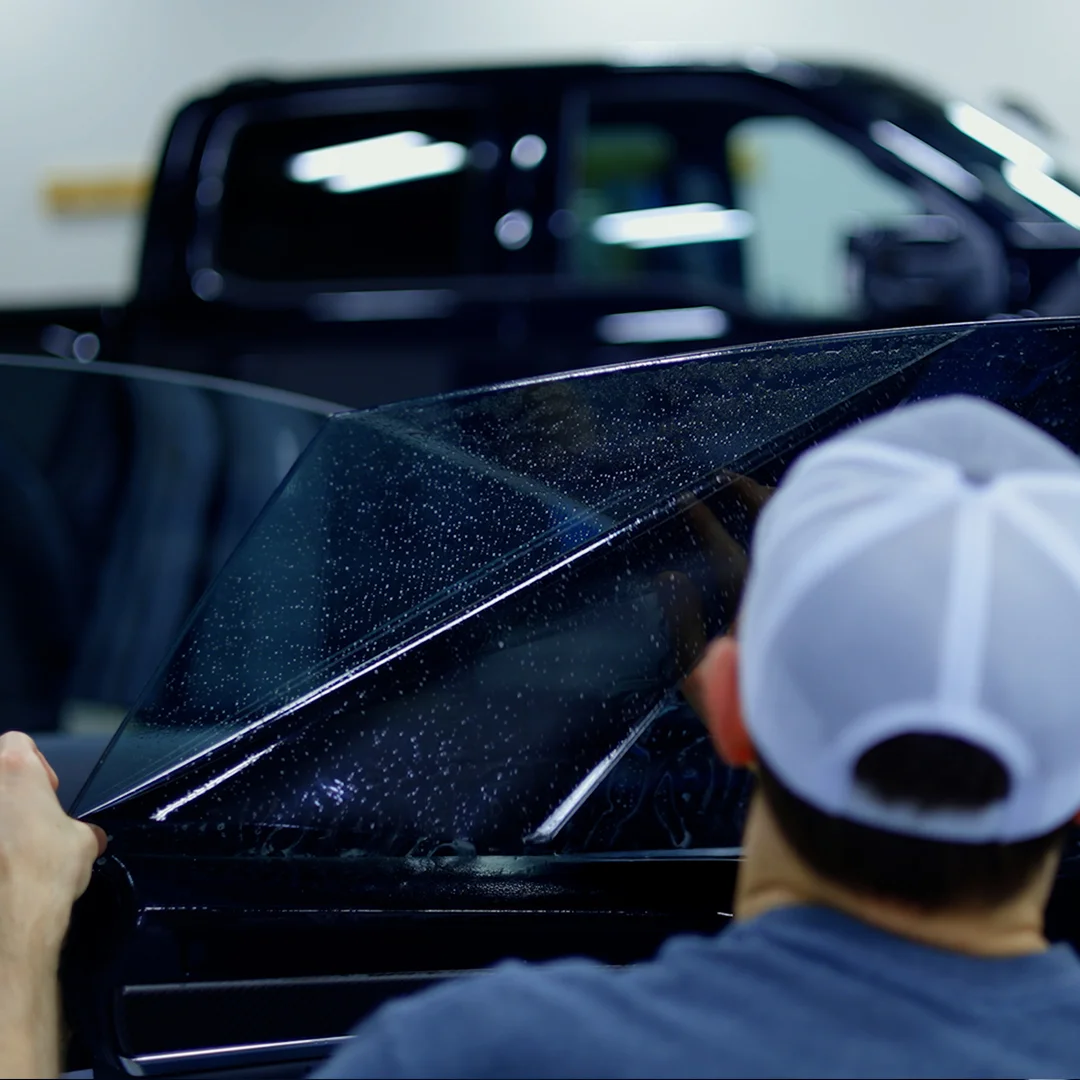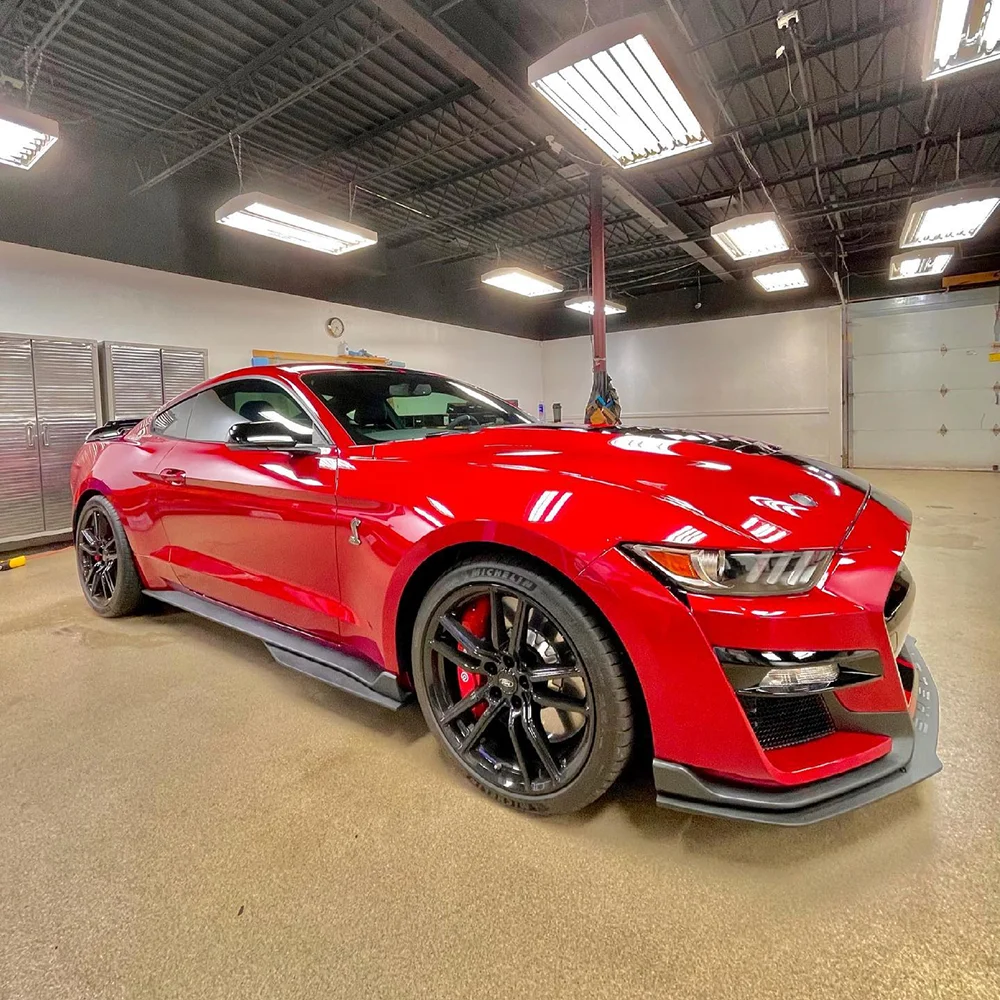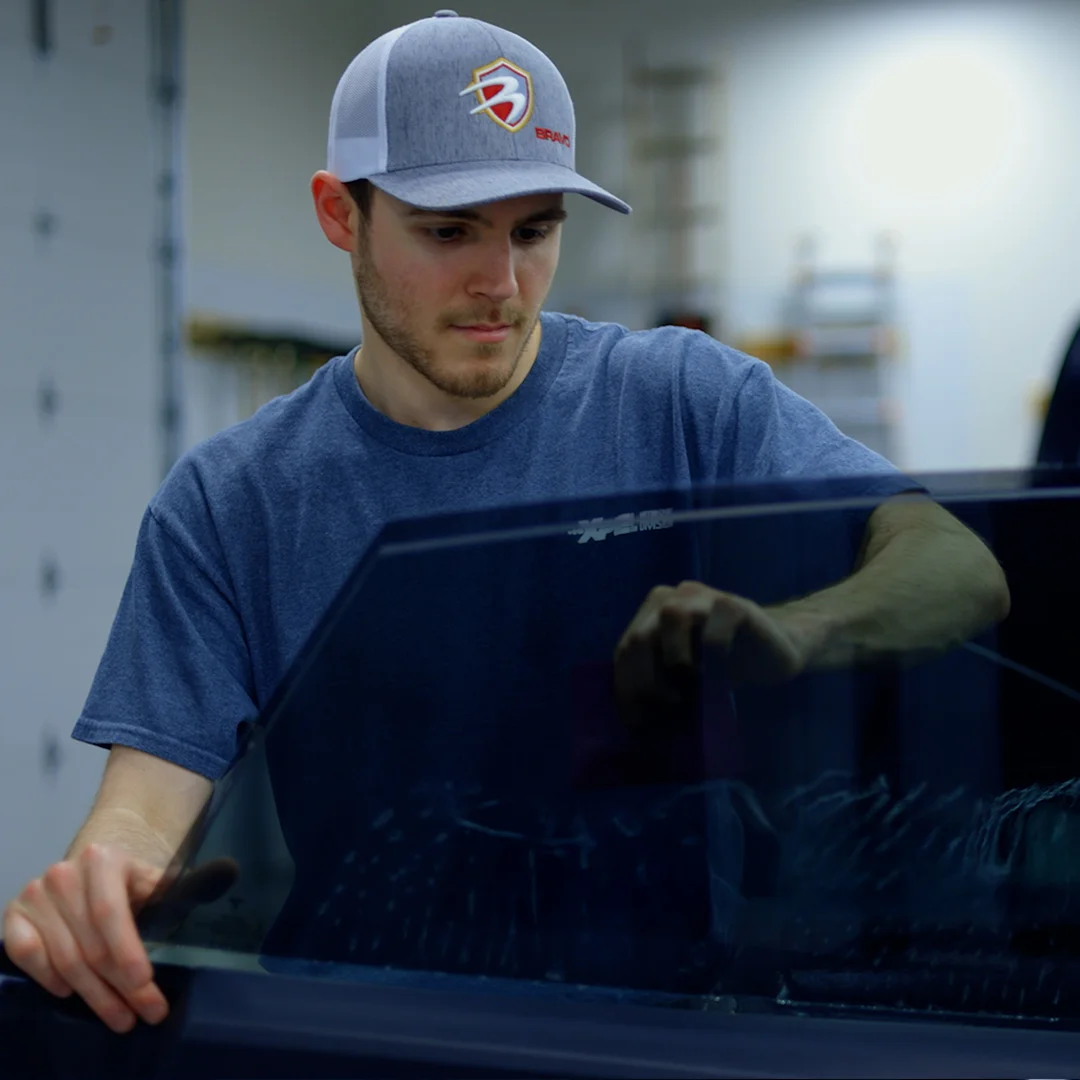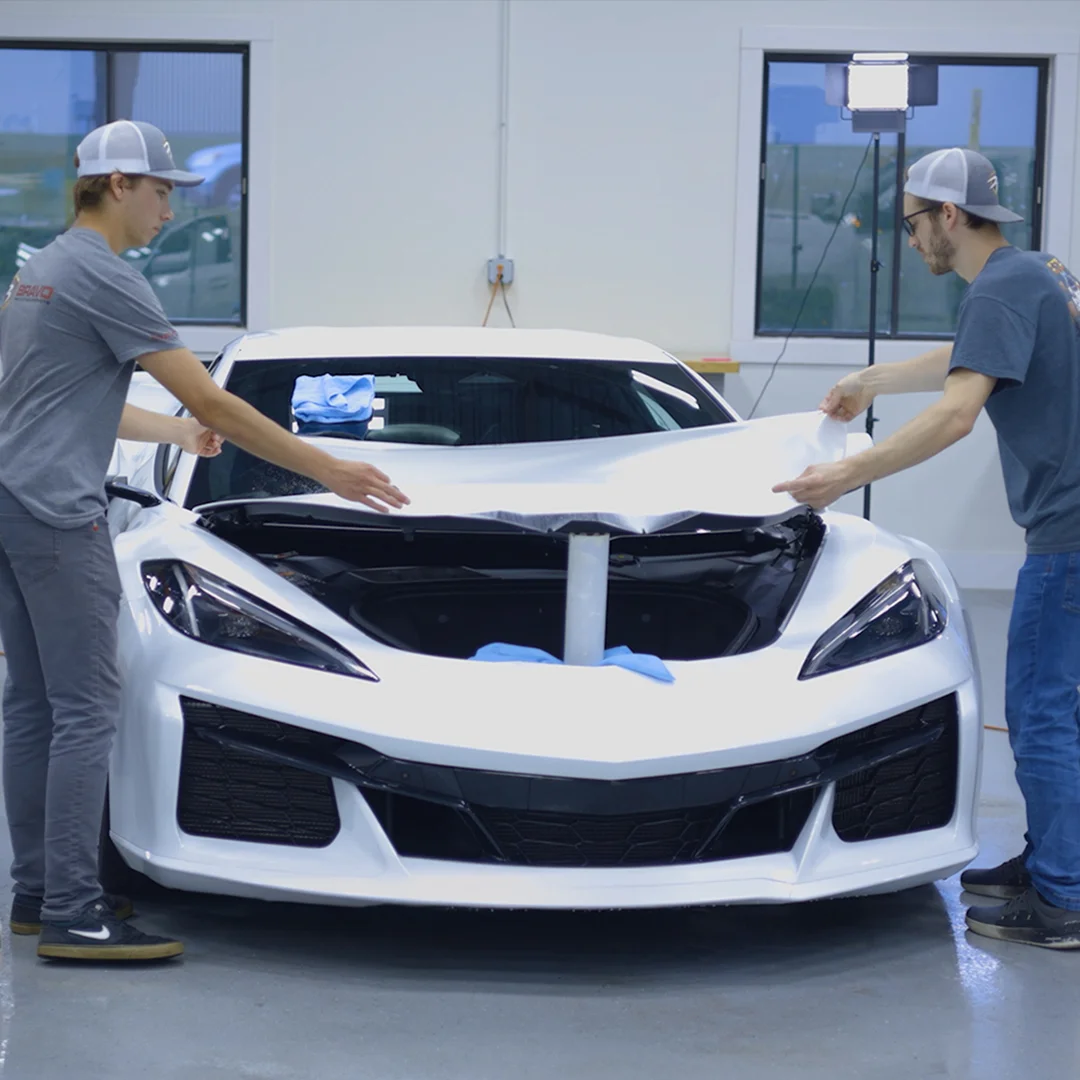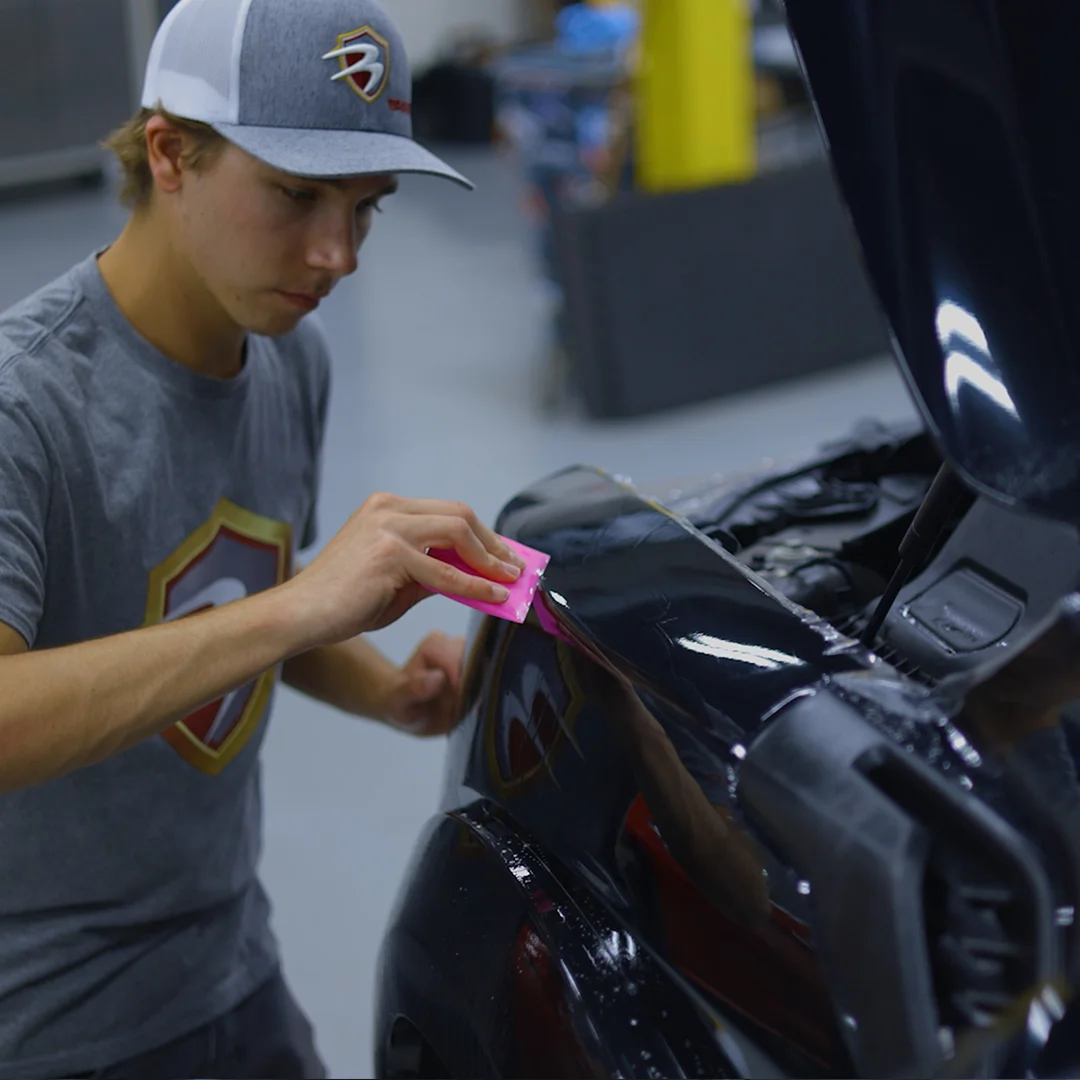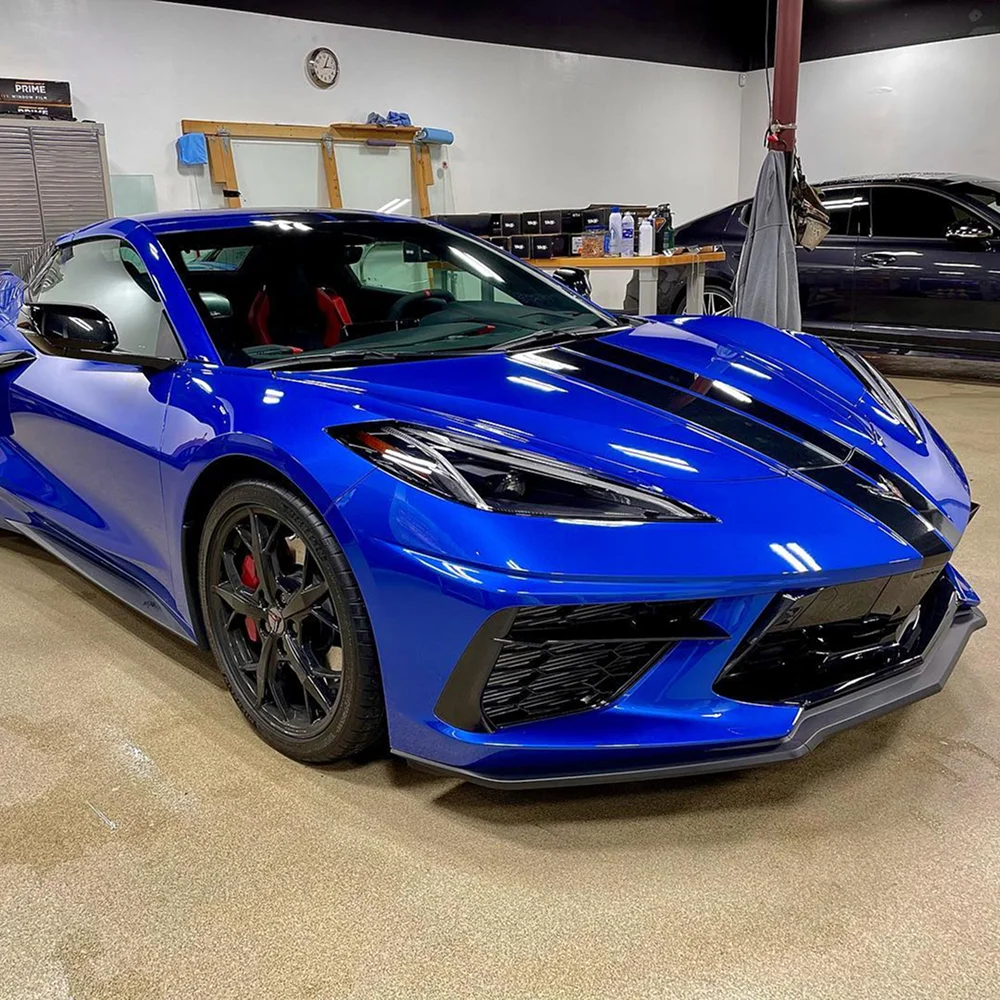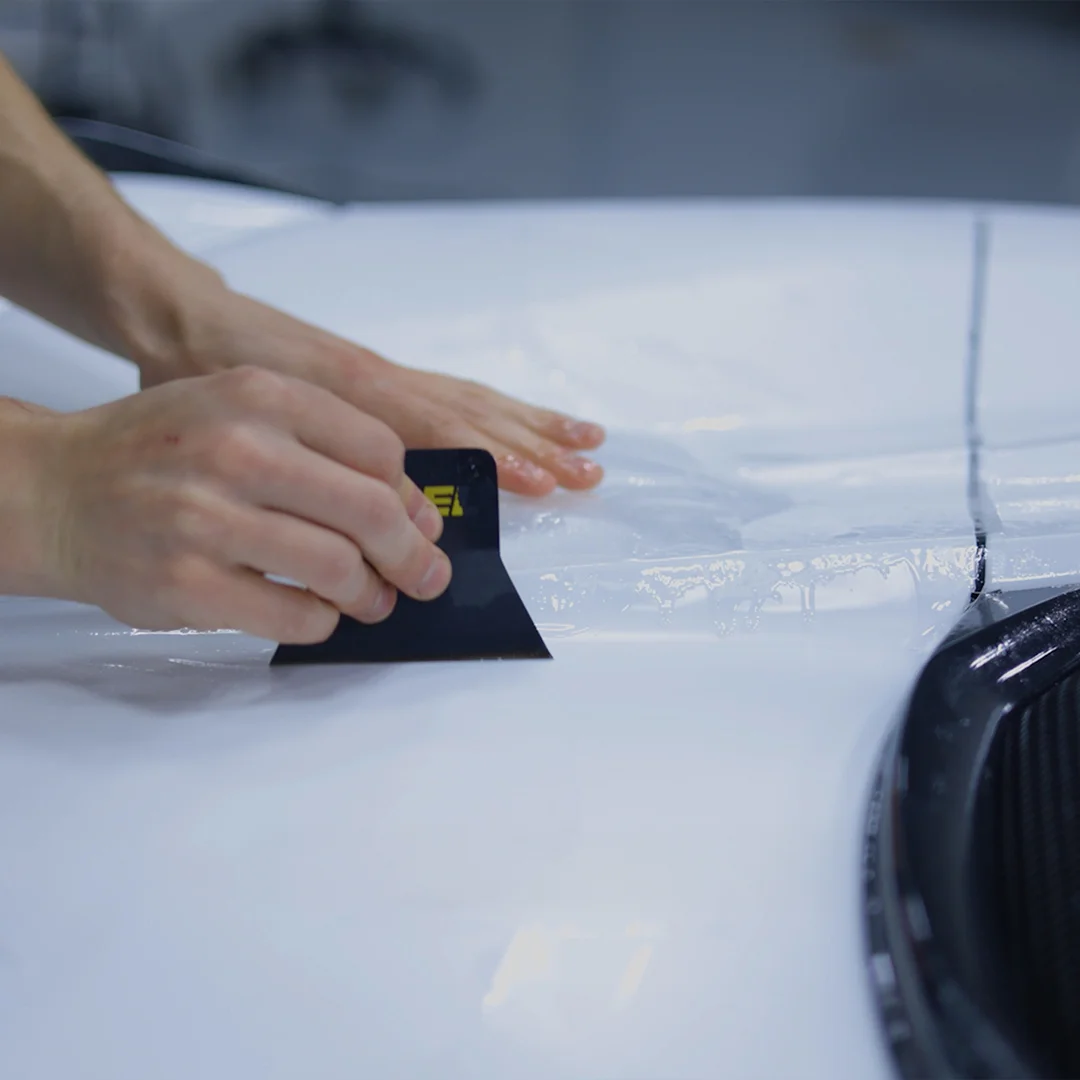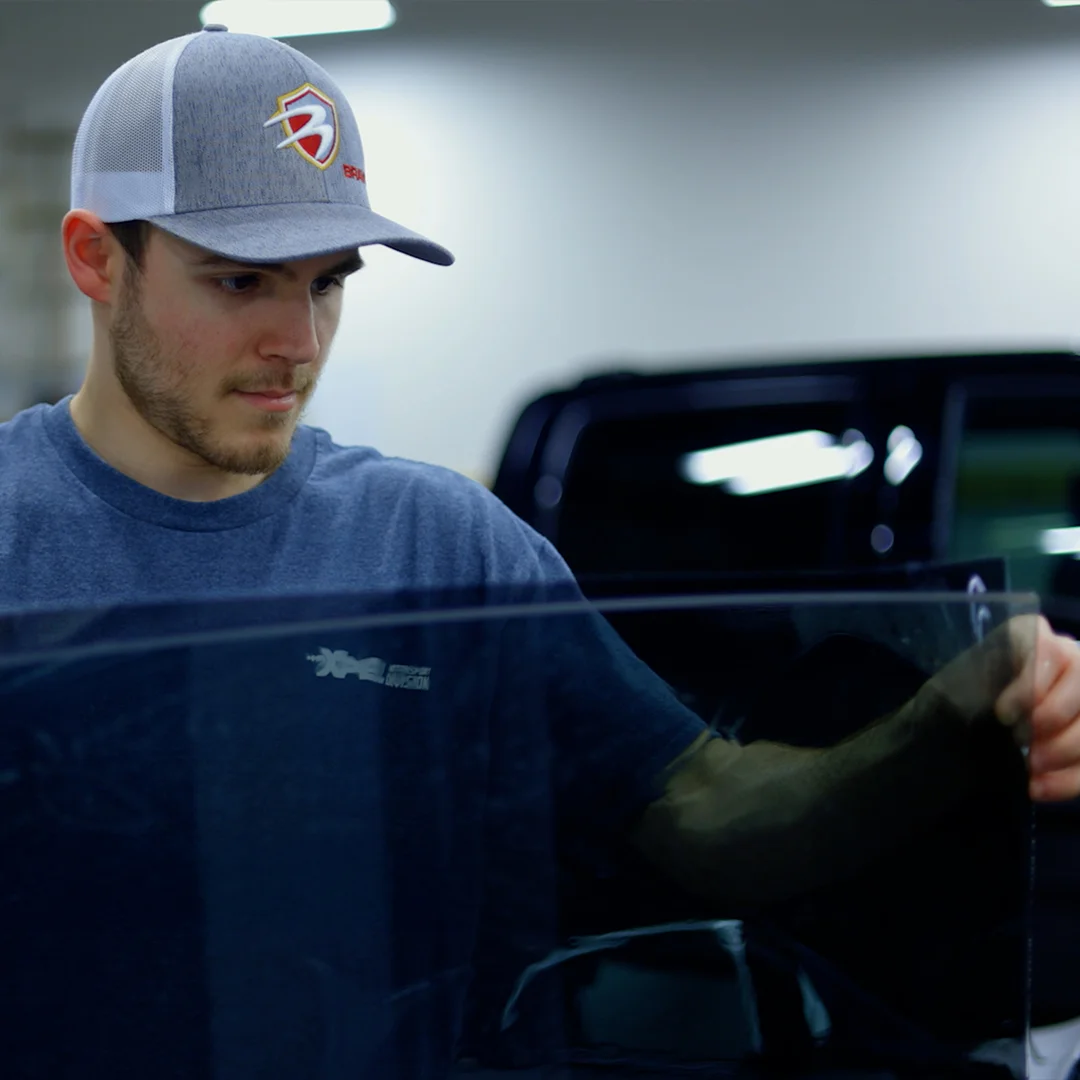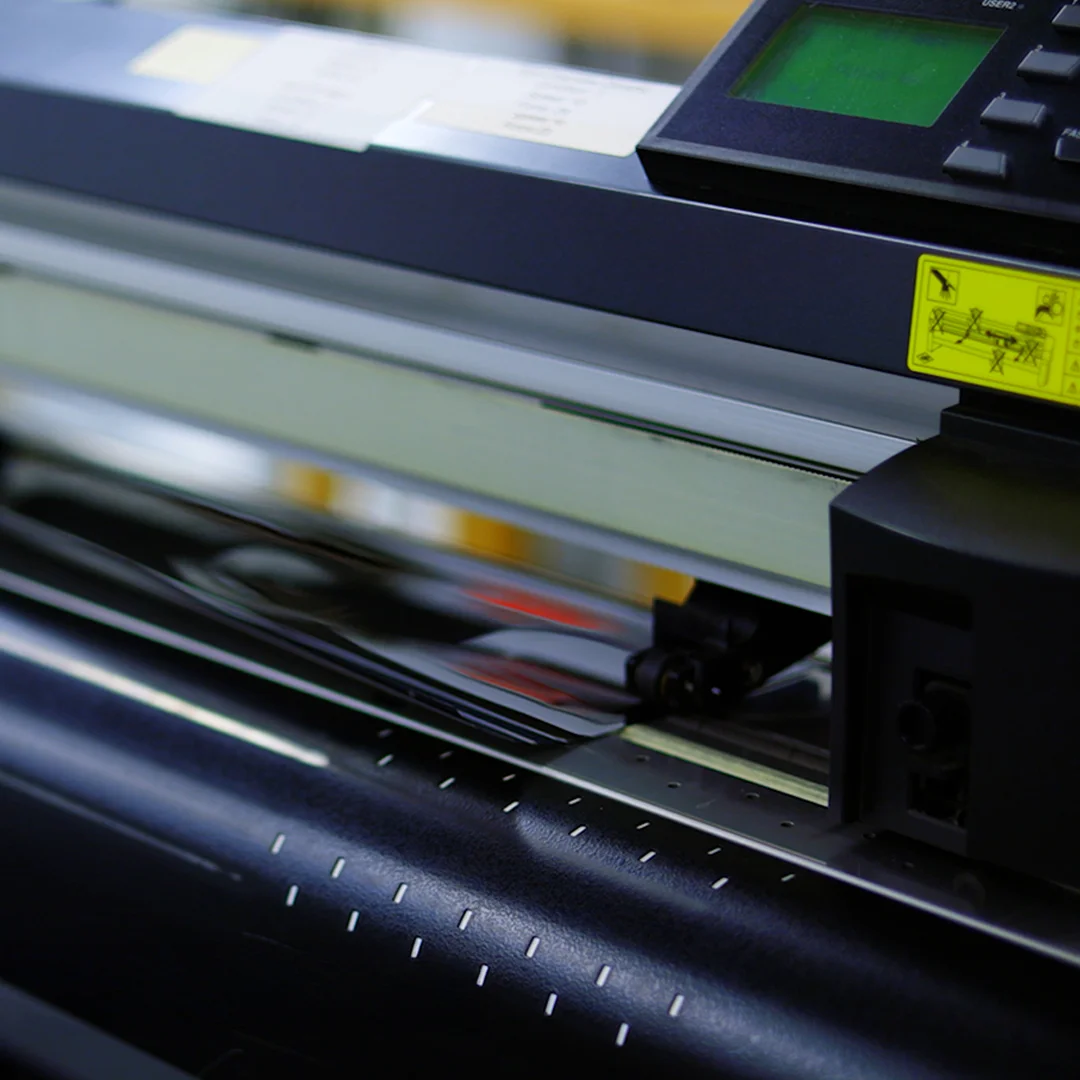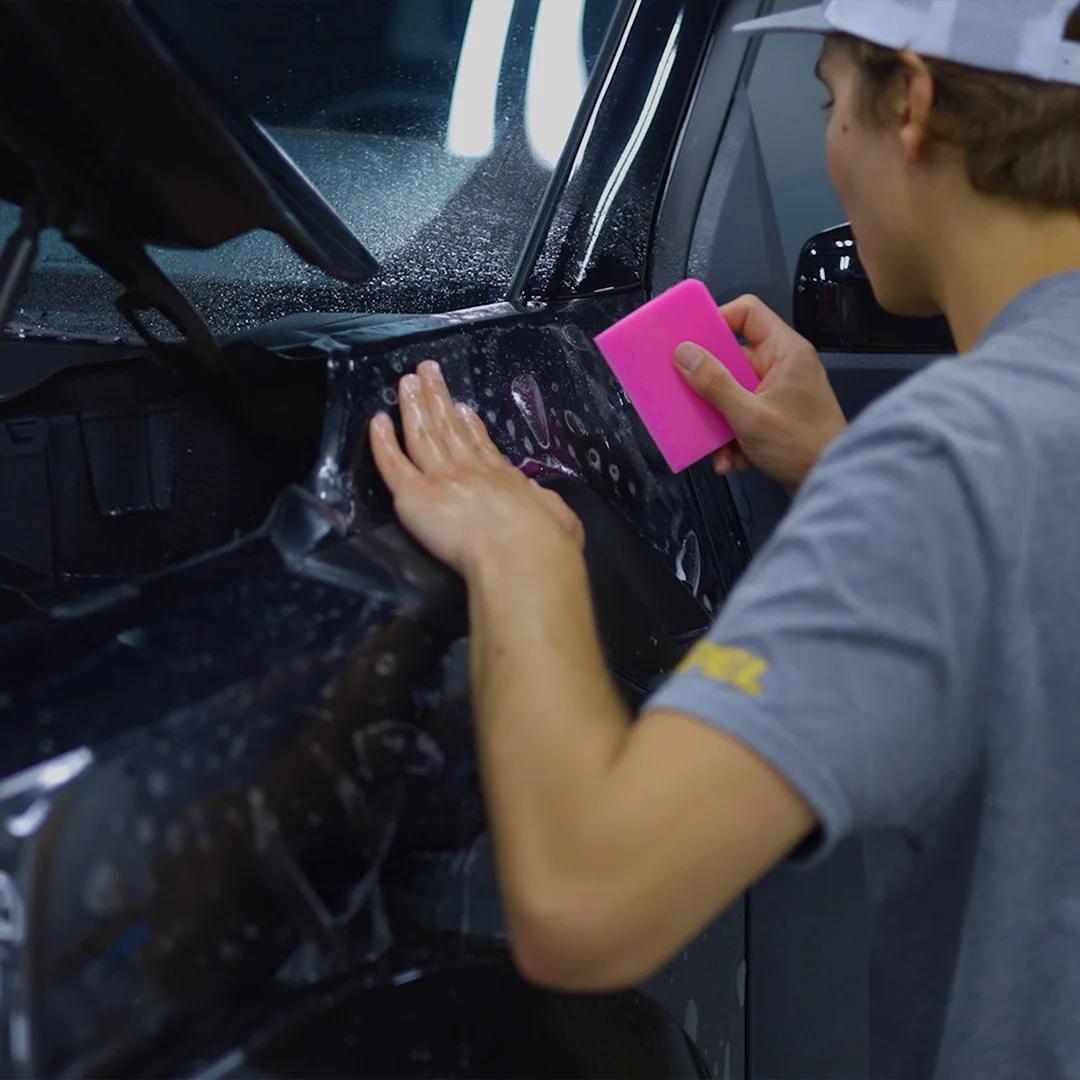- Welcome To bravo protection
Ultimate Vehicle Protection in Plymouth, MN
We protect vehicles with expert-installed paint protection film, ceramic coating, window tint, and windshield film—delivering long-lasting results that keep your car looking like new.


- About Us
Crafting Excellence in Automotive Protection
At Bravo Protection, we’ve been protecting vehicles with passion and precision since 1978. What began with Randy Jensen’s daily dedication has evolved into a trusted, family-led brand serving Minnesota and Western Wisconsin.
We specialize in premium paint protection film, ceramic coating, window tint, and windshield film—installed with care and cutting-edge tools. Our team combines decades of experience with modern techniques to deliver long-lasting results.
From defending against rock chips to reducing heat and glare, we’re committed to quality, integrity, and enhancing every vehicle that enters our shop.
- our Premium Services
Protect & Enhance Your Ride with Our Services
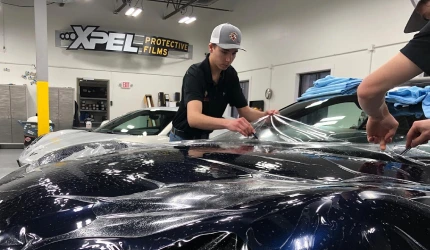
Defend your paint from road debris, chips, and scratches with a durable, invisible film that keeps your car flawless.
- Self-healing film repairs light scratches automatically
- Precision-cut to fit every curve and panel
- Shields your paint from chips and daily wear
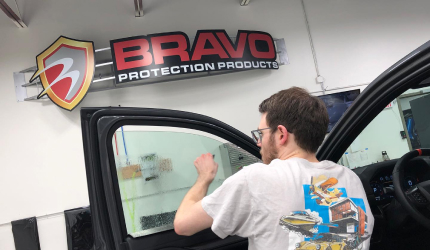
Shield your vehicle’s interior, reduce harsh glare, and stay cool with high-performance tint applied by our expert installers.
- Blocks intense heat and harmful UV rays effectively
- Improves comfort while enhancing your car’s privacy
- Preserves interior materials from sun-related damage

Enjoy a deep, long-lasting gloss and powerful protection that repels dirt, water, and sun damage on every drive.
- Adds brilliant shine and depth to your paint
- Makes regular car washes quicker and easier
- Protects your paint from stains and fading
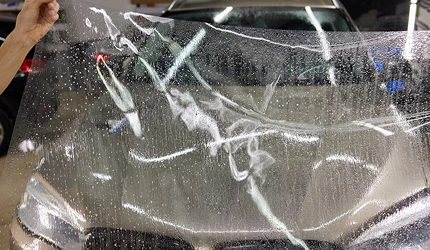
Protect your windshield from cracks, chips, and debris without affecting clarity or visibility—ideal for daily drivers and commuters.
- Absorbs impacts from gravel and flying road debris
- Helps reduce eye strain caused by strong glare
- Maintains full visibility with a nearly invisible layer
Protection

Clarity

Heat Rejection

UV Shield

Gloss

Durability

Scratch Resistance

Protection

Clarity

Heat Rejection

UV Shield

Gloss

Durability

Scratch Resistance

- why choose us?
Why Choose Bravo Protection
Expertise and Experience
Over four decades of hands-on experience delivering trusted vehicle protection solutions.
Customized Solutions
Every installation is tailored with precision to your car’s unique shape and needs.
Value for Money
We offer top-tier products with expert installation for long-lasting, cost-effective performance.
Long-Term Benefits
Our protection services extend your vehicle’s lifespan while reducing future repair costs.

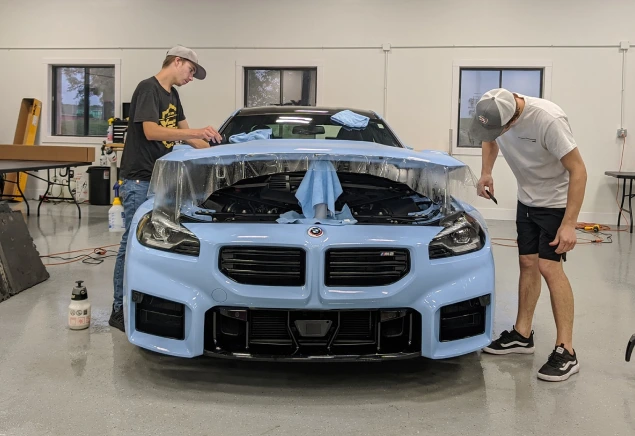
- Get Started
Start Your Protection with Bravo
Contact Bravo Protection today and give your vehicle the expert care, premium products, and long-lasting protection it truly deserves—inside and out.
- XPEL Certified Installers
- Premium Film Protection
- Fast, Free Quotes
- our portfolio
Our Automotive Care Portfolio
See how we transform and protect vehicles with precision. Explore real results from real installations done by our expert team.
- our process
Precision at Every Step
We follow a proven, step-by-step process to ensure exceptional results—combining expert craftsmanship, attention to detail, premium products, and unmatched care in every installation.
Consultation
We understand your needs and goals, then recommend the ideal solution based on your driving habits and budget.
Customization
We design your installation using precise templates and technology for a perfect fit and seamless appearance.
Installation
Our experienced team applies each product with focus, accuracy, and care for lasting protection and aesthetics.
Satisfaction
We inspect every detail, walk you through results, and ensure you’re fully satisfied before handing over the keys.
- testimonials
Real Reviews From Real People
Hear directly from our happy clients and see why so many drivers trust us with their vehicles.
- Get A Tailored Solution
Request For Quote
- OUR SERVICE AREAS
Our Sister Locations
We proudly serve Minnesota and Western Wisconsin, offering expert vehicle protection with precision, care, and unmatched attention to every detail.
- Expert Installers
The #1 Vehicle Wrap & Protection Studio in Minneapolis
Our experienced team uses top-grade products and cutting-edge tools to deliver flawless installations every time.
Phone
Opening Hours
Monday to Friday: 8:30 AM - 5:30 PM Saturday - Sunday: Closed
